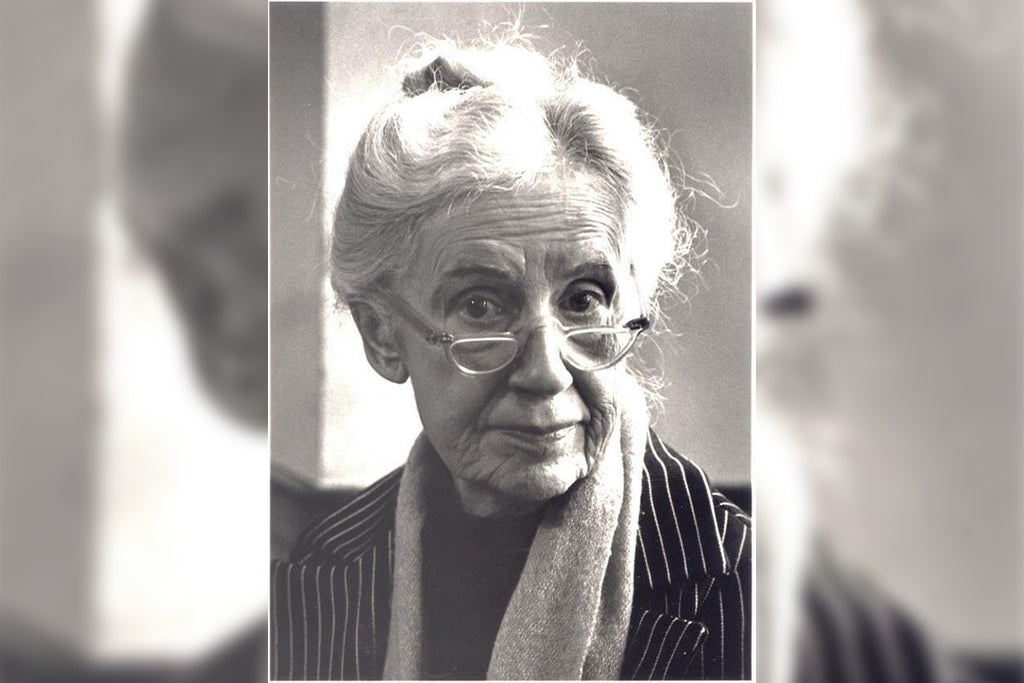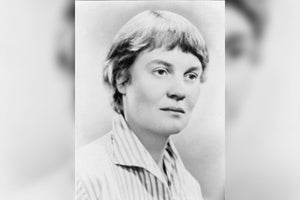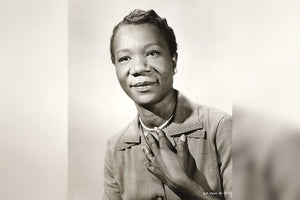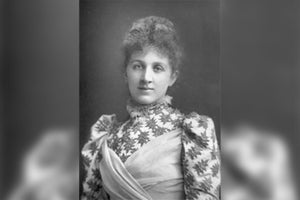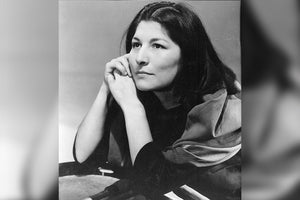Birthday- August 3, 1905
Who is Maggie Kuhn?
Maggie Kuhn was an activist from America. She is famous for establishing the Gray Panthers after she was suddenly asked to retire due to the mandatory retirement age. Her life was dedicated to social and economic justice, fighting for human rights, integration, global peace, and mental health issues awareness.
Five Facts about Maggie Kuhn
- Maggie Kuhn majored in English with minors in French and sociology.
- She graduated with honors.
- She was greatly influenced by the socialist women she met during her job at the Young Women's Christ Association.
- She was asked to retire from her job in 1970, just before her 65th birthday.
- Kuhn vowed to do something outrageous once a week when she turned 80.
Inspirational Quotes from Maggie Kuhn
“Dare to stand before those you fear and speak your mind, even if your voice shakes.”
“My goal is to do something outrageous every day.”
Maggie Kuhn Biography
Early Life
Maggie Kuhn was born as Margaret E. Kuhn on August 3, 1905, in Buffalo, New York. However, she spent most of her childhood in Memphis, Tennessee, and Cleveland, Ohio. Her parents preferred not to raise her in the South because of the on-going racial segregation during the era.
Career
She went to the Flora Stone Mather College of Case Western Reserve University and majored in English. After her university days, she then accepted a teaching job at the Young Women's Christian Association (YWCA).
During her days at the YWCA, she was teaching young women about social issues, women's issues, and unionizing. During these times, she became quite controversial because she also started teaching about human sexuality in her classes that included topics about pregnancy, sexual pleasure, birth control, and mechanics of sex. She also widely talked about the challenges of remaining single in a society where getting married is part of societal norms. Kuhn wanted her students to take a closer look and study their own lives and world views.
She became the program director for YWCA-USO during World War II. This was another controversial move in Kuhn's career because she was vocal about her opposition to the war. Regardless of that, she continued to advocate for progressive stances. These included issues on nuclear arms, the cold war, McCarthyism, urban housing, and desegregation.
Kuhn also worked to give emphasis to the social dimension of the Gospel at the Presbyterian Church in the 1950s and 1960s. She also defied traditions and insisted that her students go out and find poverty in their local communities.
In 1961, she attended the White House Conference on Aging. This marked her interest in elder rights. The interest grew deeper when she visited the Presbyterian retirement home, and she heard one resident describe the place as a "glorified playpen." She then realized that there has something to be done about the culture that tends to treat older people like children.
Gray Panthers Movement
Khun loved her job at the Presbyterian Church. However, In 1970, she was required to resign from her post because of a mandatory retirement law that was in effect. During the same year, she and other retirees joined forces and founded the Gray Panthers Movement.
She and her associates saw that all the injustices issues were interlinked. They also refuse to be restricted by elder rights activism. At the same time, they focused on civil liberties, poverty, presidential elections, and peace. They were also against the Vietnam War.
Kuhn sought the help of Ralph Nader after a particular older woman was robbed of $309 and murdered. Nader then set up a meeting with the First Pennsylvania Bank's president, who agreed to establish special check-drawn savings for 65 and above individuals without added charges.
The main motto of the Gray Panthers Movement was; "Age and Youth in Action," with many of its members being highschool and college students. She believes that youth should be given more social responsibility and taken more seriously.
The movement was known for dispelling the then-popular idea of "disengagement theory." The theory implied that it is necessary for people of old age to separate from society prior to death. Kuhn criticized the American lifestyle of treating the elderly as society's problems instead of people who are suffering from problems created by society itself.
Legacy
Until her death, Kuhn continued to pursue the interest of the Gray Panther. She is considered by many to have started a modern cultural revolution in terms of her insistence on cooperation between the old and youth and redefining the meaning of age.
She and the movement she helped found were directly instrumental in creating significant national reforms that included combating fraud against the elderly in finance and healthcare, putting a stop on force retirement laws, and nursing home reforms.
Today, Kuhn's correspondence, photographs, books, reports, printed matters, and administrative documents are held by the Presbyterian Historical Society in Philadelphia, Pennsylvania. She was also made a member of the National Women's Hall of Fame in 1995 - the same year when she died.
![]() Fast Shipping
Fast Shipping![]() Subscribe to our Newsletter
Subscribe to our Newsletter![]() 🌟 New Global Competition 🌟
🌟 New Global Competition 🌟